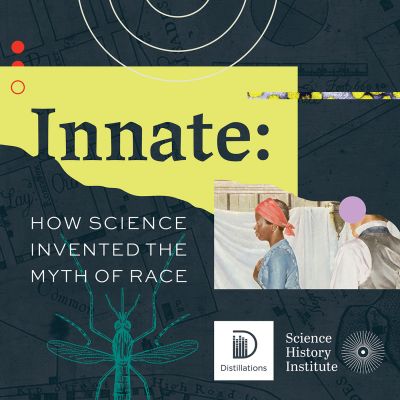Each episode of Distillations podcast takes a deep-dive into a moment of science-related history in order to shed light on the present.
https://www.sciencehistory.org/distillations/podcast
Roe v. Wade v. Rubella
The story of how abortion became legal in the United States isn’t as straightforward as many of us think. The common narrative is that feminist activism and the sexual liberation movement in the 1960s led to Roe v. Wade in 1973. But it turns out the path to Roe led over some unexpected and unsettling terrain, and involves a complicated story involving culture, society, disease, and our prejudices and fears about disability.
In the 1960s a rubella epidemic swept the United States and panicked every pregnant woman in the country. Rubella, also called German measles, is a disease we hardly remember anymore, but it’s the “R” in the MMR vaccine. Though the virus is relatively harmless for most people, when contracted during pregnancy, it can severely harm the developing fetus. During the epidemic many pregnant women who may have never identified as abortion-rights advocates suddenly found themselves seeking abortions and dismantling barriers to access.
Though not everyone agreed with these women, people listened. And this historical moment, sparked by a virus, helped pave the way for the legalization of abortion.
